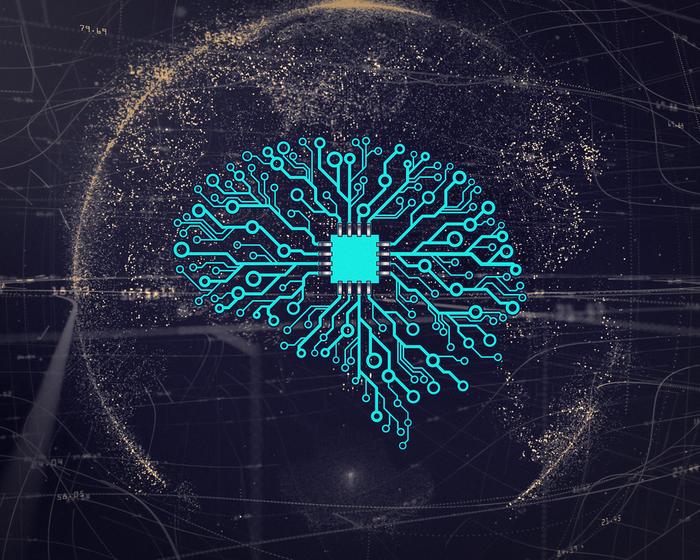As the educational landscape continues to evolve, the integration of technology in pedagogy has sparked a profound transformation. Central to this shift are Large Language Models (LLMs), such as OpenAI’s ChatGPT, which offer innovative solutions to longstanding challenges in personalized education. The recent study by Jiayi Liu, Bo Jiang, and Yu’ang Wei from East China Normal University sheds light on how these advanced AI systems can revolutionize teaching methodologies, allowing for a more individualized learning experience for students.
The necessity for personalized education has never been more apparent. Traditional approaches often fail to address the unique needs and capabilities of each student, leading to disparities in academic performance and motivation. The findings from the study emphasize that LLMs can automate critical educational tasks like generating learning materials and providing feedback, thus alleviating the burdens often placed on traditional educators. With the help of AI, teachers can focus on what they do best: engaging their students and fostering a robust learning environment.
An essential function of LLMs is their ability to generate customized educational content. This capability spans diverse subjects, with potential applications including the preparation of language quizzes, the development of programming exercises, and the formulation of curriculum-aligned learning objectives. In doing so, LLMs assist educators by providing tailored resources that cater to various learning styles, allowing for a richer educational experience. This feature is particularly impactful in subject areas that require dynamic, responsive teaching strategies, illustrating the role of AI as a valuable partner in the classroom.
The assessment aspect of education further exemplifies the efficiencies brought about by LLMs. The study highlights the potential for AI to streamline evaluation processes by designing assessments, offering automated scoring, and delivering personalized feedback to students. By embracing these advanced systems, educators could dramatically reduce the time and effort involved in grading and evaluation, fostering a more efficient educational ecosystem that promotes continuous learning and progress.
In a significant statement, Jiayi Liu underscores the role of LLMs as facilitators of human-AI collaboration. Rather than displacing educators, these AI tools are poised to augment their capabilities. The enhanced support from LLMs allows teachers to engage in meaningful interactions with students, whereby the focus shifts to mentorship and fostering creativity and critical thinking, essential components of effective education. This dynamic partnership paves the way for a more enriched educational experience where AI assists but does not overshadow the human element in teaching.
Despite the advantages, the study acknowledges the need for careful supervision of LLM-generated content. While these models can significantly alleviate teachers’ workloads, the necessity of human oversight remains paramount. LLM outputs must be scrutinized for accuracy and relevance to ensure they align with educational standards and student needs. Researchers advocate for a balanced approach in which educators curate AI-generated materials, tailoring them to fit their unique classroom dynamics and the individual learning needs of their students.
The envisioned collaboration model is where educators serve as orchestrators, integrating AI-generated resources into lesson plans cohesively. In this capacity, LLMs act as supportive assistants, providing structured content and automated assessments. Liu’s assertion that LLMs should enhance, not replace, traditional teaching methods speaks to the heart of this transformative educational framework. By embracing AI, schools can harness technology to create personalized, responsive, and engaging learning environments that cater to diverse student populations.
As we look to the future, the implications of this research extend beyond immediate classroom practices. The continued evolution of LLMs indicates that they may soon provide teachable moments and sophisticated materials ready for use across various subjects. Such advancements could democratize access to personalized learning, allowing students from different backgrounds to benefit from tailored educational experiences that were previously unattainable.
Importantly, the study advocates for ongoing empirical research to explore further integration strategies for LLMs within educational frameworks. By advancing our understanding of their potential application in diverse educational settings, institutions can develop best practices that maximize the benefits of AI. Continuous exploration of feedback mechanisms and content adaptability could lead to even more effective uses of AI in education, paving the way for innovations that redefine teaching and learning experiences.
In conclusion, the study serves as a pivotal contribution to the ongoing discourse on the role of AI in education. It underscores the potential of LLMs to reshape teaching methodologies, advocating for a future where personalized learning becomes the norm rather than the exception. The collaboration between educators and AI stands to not only enhance teaching efficacy but also engage students in a manner that promotes deeper understanding, critical thinking, and a lifelong love of learning. As we continue to navigate this new terrain, the insights presented provide a roadmap for harnessing technology to enhance educational outcomes on a global scale.
Subject of Research: Not applicable
Article Title: LLMs as Promising Personalized Teaching Assistants: How Do They Ease Teaching Work?
News Publication Date: January 2, 2025
Web References: ECNU Review of Education
References: DOI: 10.1177/20965311241305138
Image Credits: Machine Learning & Artificial Intelligence by mikemacmarketing
Keywords: Education, AI, Large Language Models, Personalization, Teaching Methods, Assessment Automation, Human-AI Collaboration, Educational Technology, Innovative Learning, Pedagogy.




